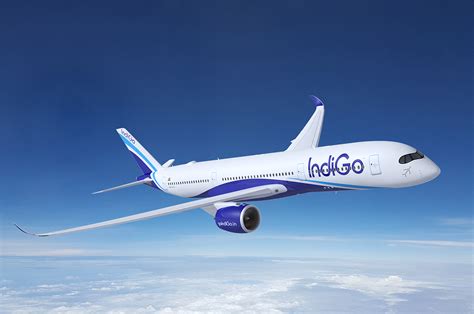
FIA 2018 A350 1000 flying display day 03 007 scaled
Airbus has amended its contracts with France and Spain on loans it has received for launching and developing the A350, the airframer announced on July 24. With these amendments, Airbus claims to have fully complied with the requirements set out in the May 2018 ruling from the World Trade Organization (WTO) on illegal subsidies and state aid.
Europe (Airbus) and the US (Boeing) have fought long and hard battles on state aid for large commercial aircraft programs since 2004. The US has claimed that over the years Airbus has received EUR 19.4 billion in illegal subsidies to develop its family of aircraft, in particular the A380. It later included the A350.
The US and Boeing say that Airbus has hugely benefitted from the subsidies by winning some $200 billion in aircraft orders that were detrimental to in particular Boeing’s 787. Those subsidies were seen as a “genuine and substantial” cause of the current market presence of the A350.
According to the US, between 2016 and 2018 the A350 won orders for 144 aircraft from Sichuan Airlines, China Eastern, China Southern, Philippine Airlines, Turkish Airlines, StarLux, and Emirates were Airbus has had an advantage over Boeing because of state subsidies.
Another airline to benefit from this has been Virgin Atlantic with its order for twelve A350-1000s in 2016. The airline was offered delivery slots much earlier than what was realistically possible (2019 versus 2022), a WTO-report said in 2019.
Subsidies as such not illegal, certain terms are
In May 2018, the WTO upheld a ruling from 2016 which said that the US had failed to demonstrate that launch aid subsidies from France, Spain, Germany, and the UK for the A380 and A350XWB were prohibited export and/or import substitution subsidies of domestically produced parts under the agreement on Subsidies on Countervailing Measures (SCM). As such, the so-called repayable launch investment (RLI) loans were deemed not to be illegal but their terms contain certain conditions that contravene with the SCM-agreement.
Following the WTO ruling, the Trump administration through the United States Trade Representative (USTR) on October 18, 2019, imposed a 10-percent import tariff on all European-built Airbus aircraft. With a list price in 2018 for the A350-900 of $317 million and the -1000 of $366.5 million, you can calculate the effect.
German and UK agreements amended before
In the December 2019 WTO report, the EU said that Airbus had already amended the German and UK launch aid and member state financing (MSF) agreements for the A350 to such an extent that they were consistent “with a contemporaneous market benchmark, such that the subsidy conferred by German A350XWB MSF is withdrawn.” This was questioned by the US, which claims the amendments actually “made Airbus better off financially than it otherwise would have been.”
In the case of the UK agreement, the EU stated that Airbus had repaid the full outstanding principal and interest accrued under the UK A350XWB loan contract, such that the subsidy conferred by the UK agreement had been withdrawn. At the same time, there has been a “passive amortization of benefit of the Spanish A380 launch aid and MSF subsidy” while the French agreement now included a reduced draw-down in loans in order to comply with the SCM Agreement.
Despite these amendments, the WTO concluded that the EU still had failed to comply with recommendations made back in 2016. “We, therefore, find that the aggregated “indirect” effects of A380 launch aid/MSF subsidies and “direct” effects of A350XWB LA/MSF subsidies are a “genuine and substantial” cause of present lost sales to the US LCA industry in the global twin-aisle product market.”
No stone left unturned
Today, Airbus says it has amended the terms of the RLI contracts with France and Spain by paying a higher interest rate on the loans, which are paid back with each A350 that is delivered. “We have fully complied with all the WTO requirements. These additional amendments to the A350 RLIs demonstrate that Airbus has left no stone unturned to find a way towards a solution,” CEO Guillaume Faury says in a media statement. “This is a clear signal of support to those who are suffering from the severe impact of the tariffs imposed by the USTR, especially at a time when industries are hard hit by the consequences of the Covid-19 crisis.”
It remains to be seen if the US is convinced and satisfied by the latest announcement from Airbus. The battle over large commercial aircraft subsidies is far from over as the jury is still out on a ruling on US subsidies to Boeing.
Views: 13



